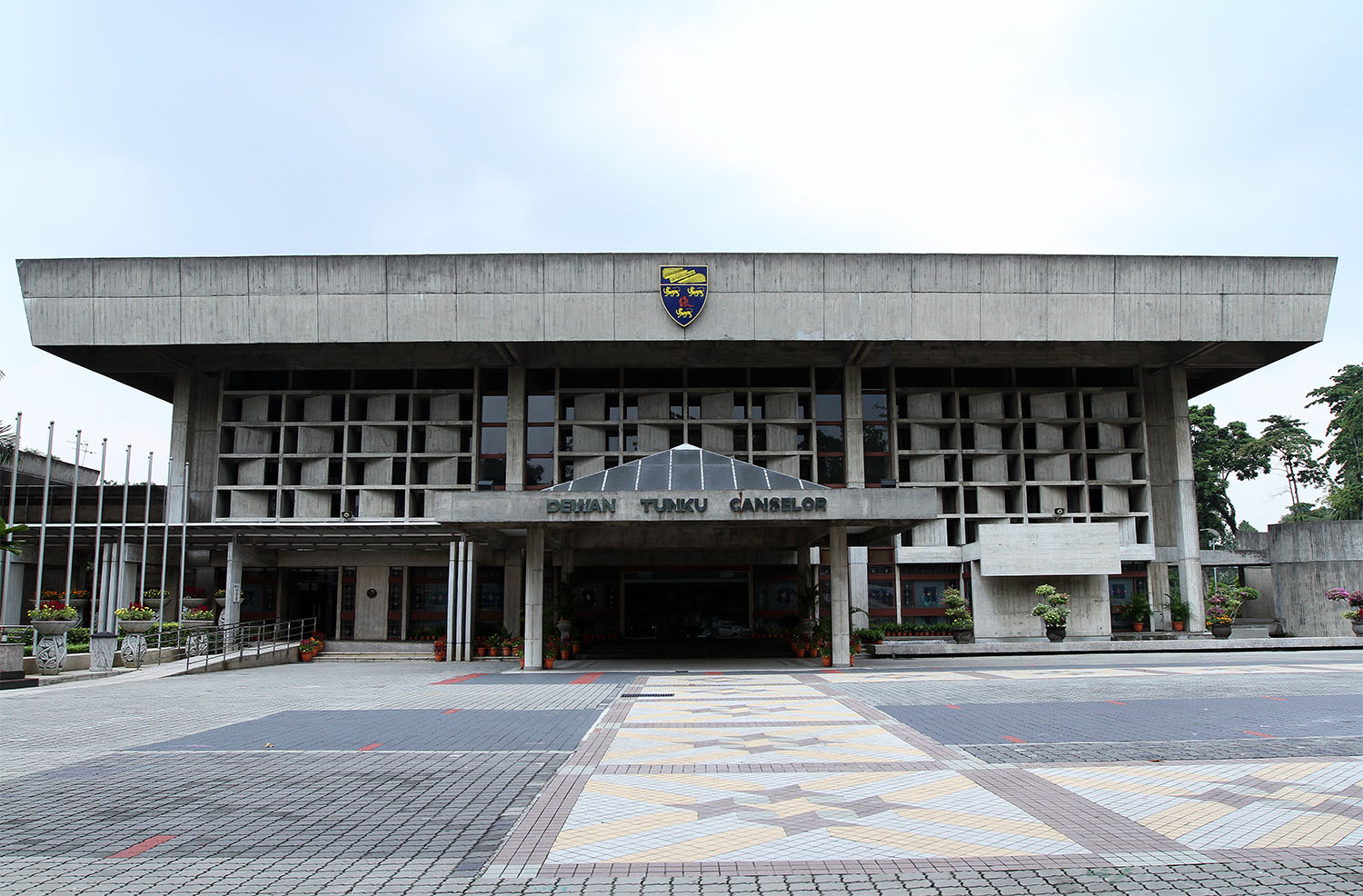KUALA LUMPUR, Oct 28 ― Several student groups here are unhappy with Putrajaya’s decision to reduce the annual allocations for institutions of higher learning by 16.5 per cent in 2016, claiming that trimming expenditure could adversely impact both student and academic faculty development.
In making their argument, one group suggested cutting the Prime Minister’s Department’s budget instead, while others agreed that priority should be given to funding for local varsities as education is a key driver of economic growth.
Azzan Aznan, chairman of the International Islamic University's (UIA) We Unite for Islam (WUFI), warned that the reduced budget for universities may lead to an increase in tuition rates and other fees such as those required for enrolment or other service charges.
“The number of students enrolling to university is increasing from year to year and logically the government should increase the budget, not the other way around.
“We are afraid the cutting of the budget will lead to university administrations increasing fees such as tuition and college, as well as subsidiary charges such as service fees,” he said.
According to Azzan, UIA and Universiti Malaya (UM) already increased tuition fees last semester while enrolment fees for the current semester were similarly hiked.
Any further increase, he warned, would wear a hole in students’ pockets.
In the budget tabled by Prime Minister Datuk Seri Najib Razak last Friday, the proposed allocation for higher education next year was trimmed by RM2.4 billion from RM15.785 billion this year to RM13.378 billion.
According to a breakdown on funding for public universities, the budgets for 19 out of 20 varsities will face cuts, some as high as over 20 per cent. In total, public universities are set to experience cuts of RM1.4 billion or 16.5 per cent compared to 2015 despite the expected increase in enrolments next year.
To Putra National University's (UPM) student council member Mohammad Nasiruddin Mohd Tahir and National University of Malaysia's (UKM) student representative Chan Ying Qian, Putrajaya should pay as much attention to universities as it does to schools, noting that it is these institutions of higher learning that produce professionals seen as crucial for the country’s economy.
“I feel rightfully universities need be fully supported by the government because public institutions are the government's responsibility.
“Therefore, these institutions need the cash injections to enable critical research and to formulate more academic courses in line with changing times,” Mohammad Nasiruddin said when contacted.
Chan meanwhile accused Putrajaya of shirking its responsibilities.
“As it is, many faculties are already seeking for their own funding from private sources owing to limitations in funding from the government and to slash it further is not a wise thing to do,” he said.
In a statement Sunday, UM student group Association of New Youth (Umany) joined the chorus of disapproval against the funding cuts and called on its members and counterparts in other universities to reject the budget proposals, labelling them “clichéd and corny”.
“Najib’s government does not make any audacious reformative move to solve the economic malaise, but gives political candies and distribute our nation’s resources as he pleases to get political support instead.
“Umany deems that the 2016 Budget is clichéd and corny,” its president Ho Chi Yang said.
Ho said that instead of channelling funds to the Prime Minister’s Department, Budget 2016 should have allocated more money to universities to enable them to become world-class competitors.
“It is only appropriate to increase budget for education and optimise administration, so that the quality of university lecturers, facilities as well as students will be improved,” Ho said adding that he also doubts that Putrajaya would achieve its target of having local universities break into the world's top 100 league.
After Budget 2016 was tabled, Higher Education Minister Datuk Seri Idris Jusoh said the reduced allocation was due to the government’s adversely-affected income as a result of the fall in national oil and commodity prices.
“We must understand the current challenging economic situation, and the government can still afford to provide the ministry with quite a comfortable budget. Admittedly, it is less (than the previous budget) but it is to train the universities to be more efficient in its implementation,” he said.
Yesterday, Idris gave the government’s assurance that the tuition fees at public universities would not be increased because of the budget cuts.



















